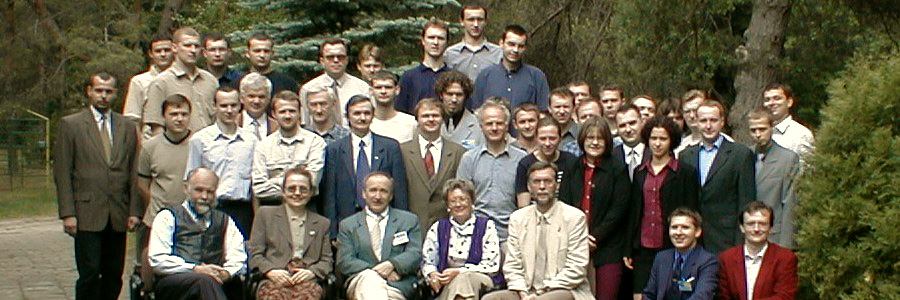
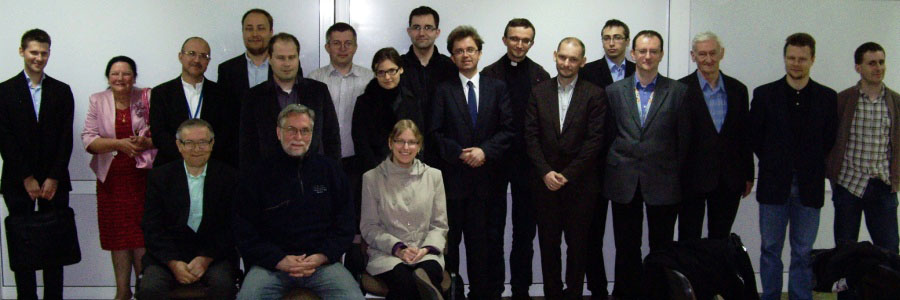
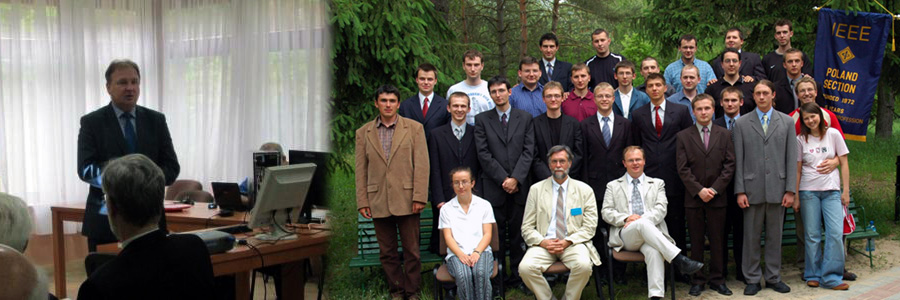
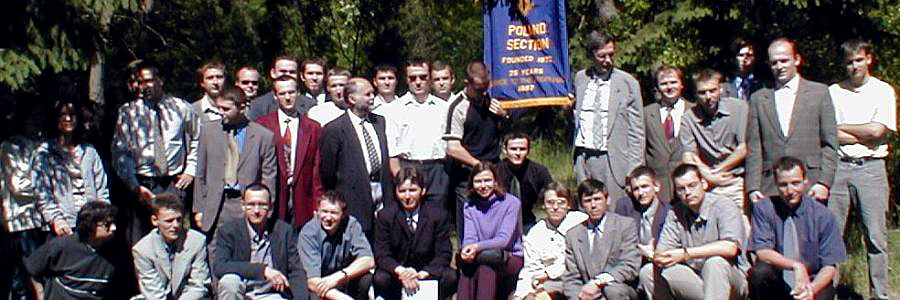
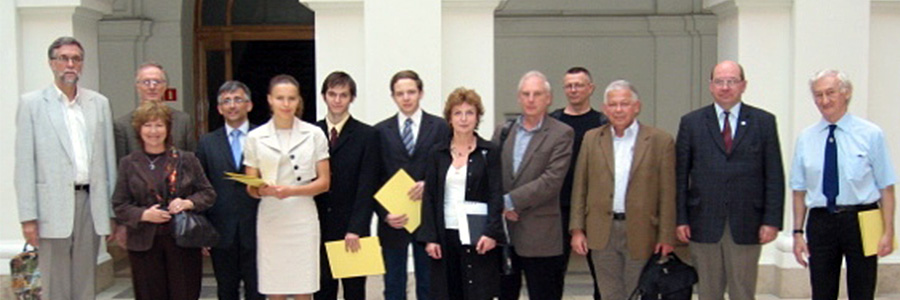

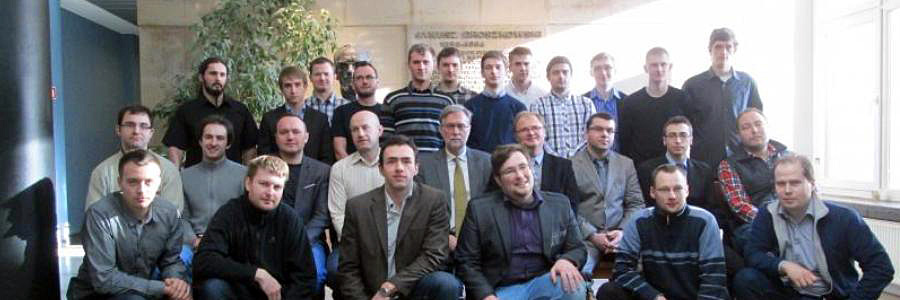
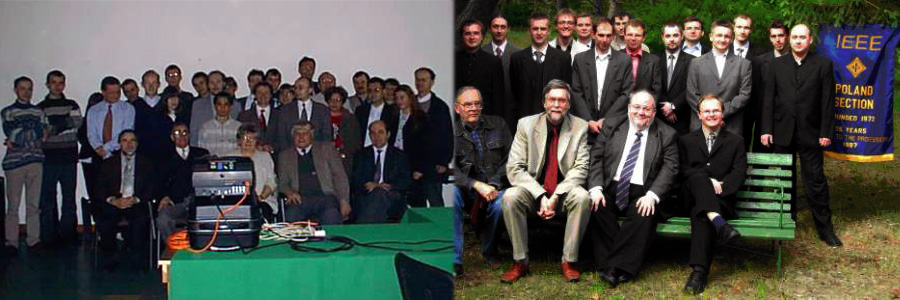
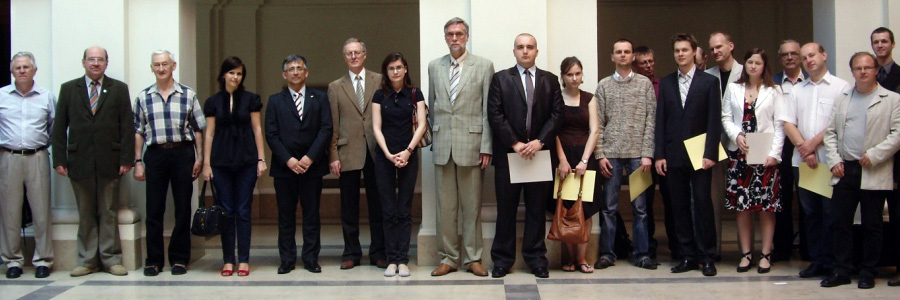

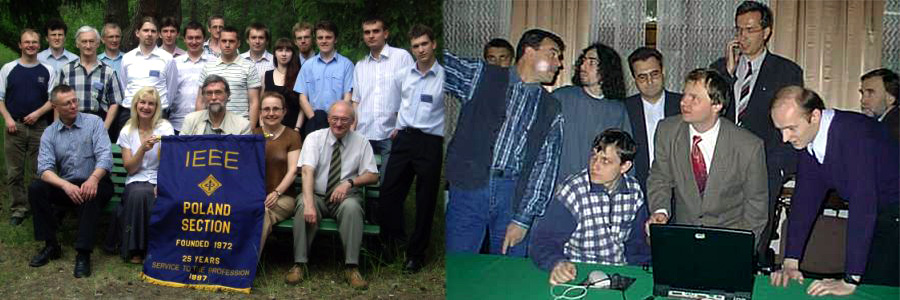
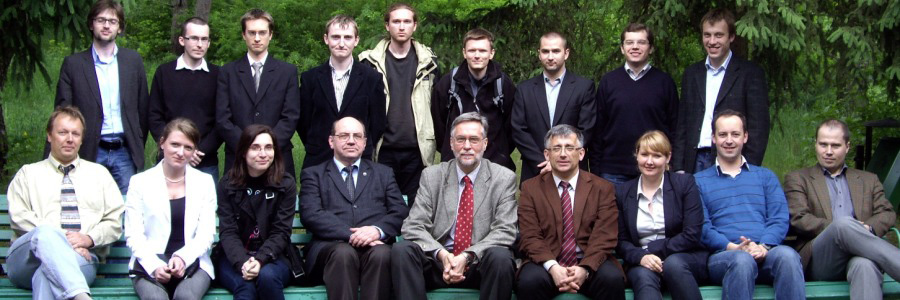
Reducing Interferences in Wireless Communication Systems by Mobile Agents with Recurrent Neural Networks-based adaptive Channel
Mobile computing and wireless communication systems is a area at very high potential growth du e to the increasing in number od mobile telephone's subscribers, mobile devices and increasing in popularity of wireless LAN and broadband wireless and several novle mobile compuiting applications paradigm The current research in signal processing for wireless communications include multi-input multi-output systems, multiple-access methods, synchronization, equalization, interference cancellation, multiuser detection and cooperative communications. An important problem in data communications is channel equalization, i.e., the removal of interferences introduced by linear or nonlinear message corrupting mechanisms, so that the originally transmitted symbols can be recovered correctly at the receiver. New techniques to provide the optimal detection under bad channel estimation and solving the channel equalization must be developed and evaluated. Several applications benefit already by the use of mobile agent technology and a number of new and open technologies such as distributed objects are today available. Now we want to join to MAs a soft-computing technology as recurrent neural networks (RNNs) for reducing the equalization problems. Since RNNs essentially model nonlinear infinite memory filters, they can accurately realize, by a small number of parameters, the inverse of finite memory systems, and thus compensate effectively for the channel introduced interferences. Thus we propose a MAs with RNNs-based adaptive channel equalization tool which meet the special requirements of implemented MAs operating in actual wireless communication systems. We provide implementation of MAs with RNNs to equalize linear and nonlinear communication channels. Simulations results and evaluations demonstrate as better transmission performance in wireless communication network can be achieved by using the MAs-RNNs based adaptive filtering algorithm when the received signal-to-noise ratio (SNR) is larger than 20dB.
The results demonstrate the effectiveness of the proposed hybrid computing model for channel equalization performance enhancement in communication systems.










